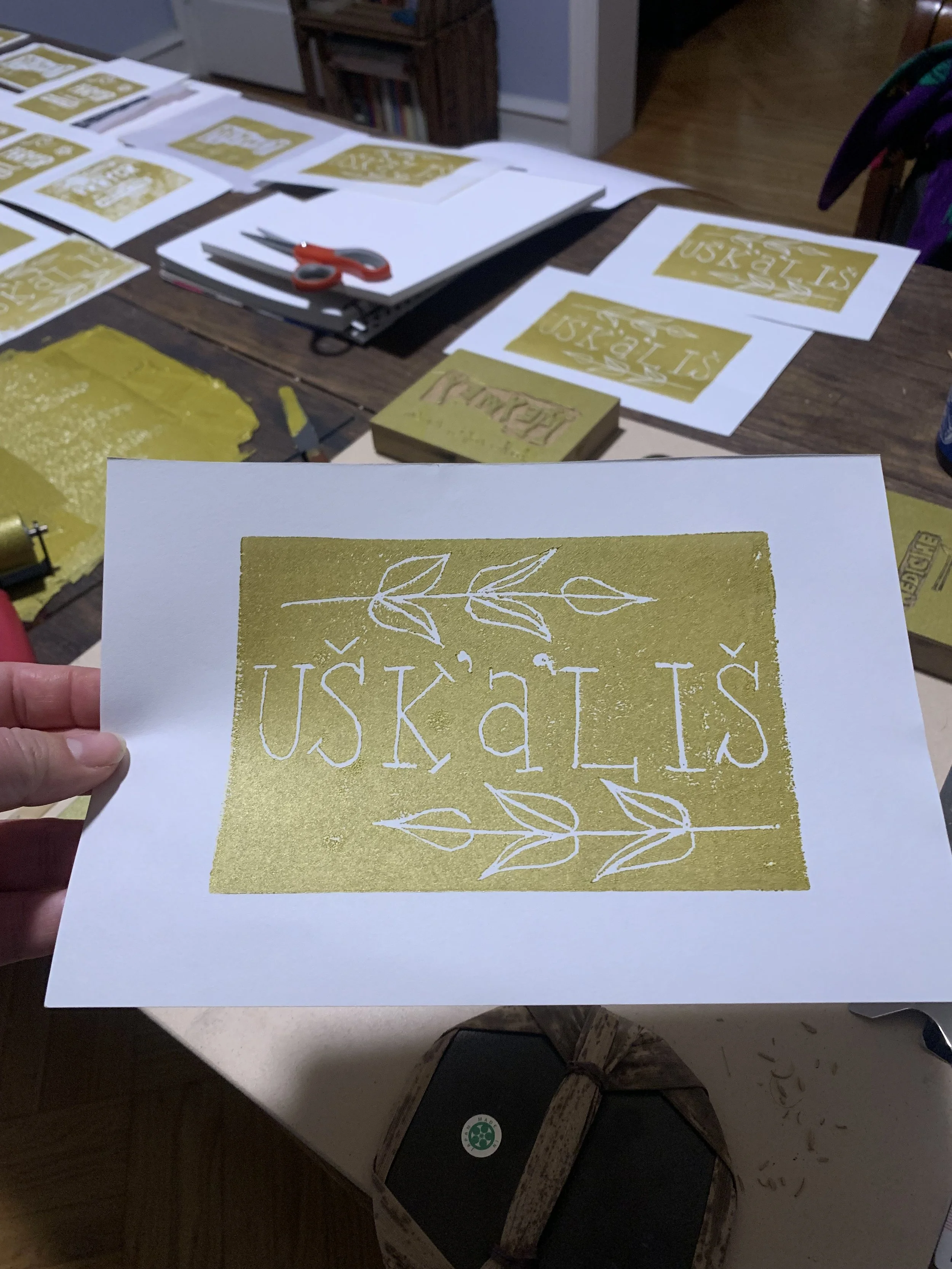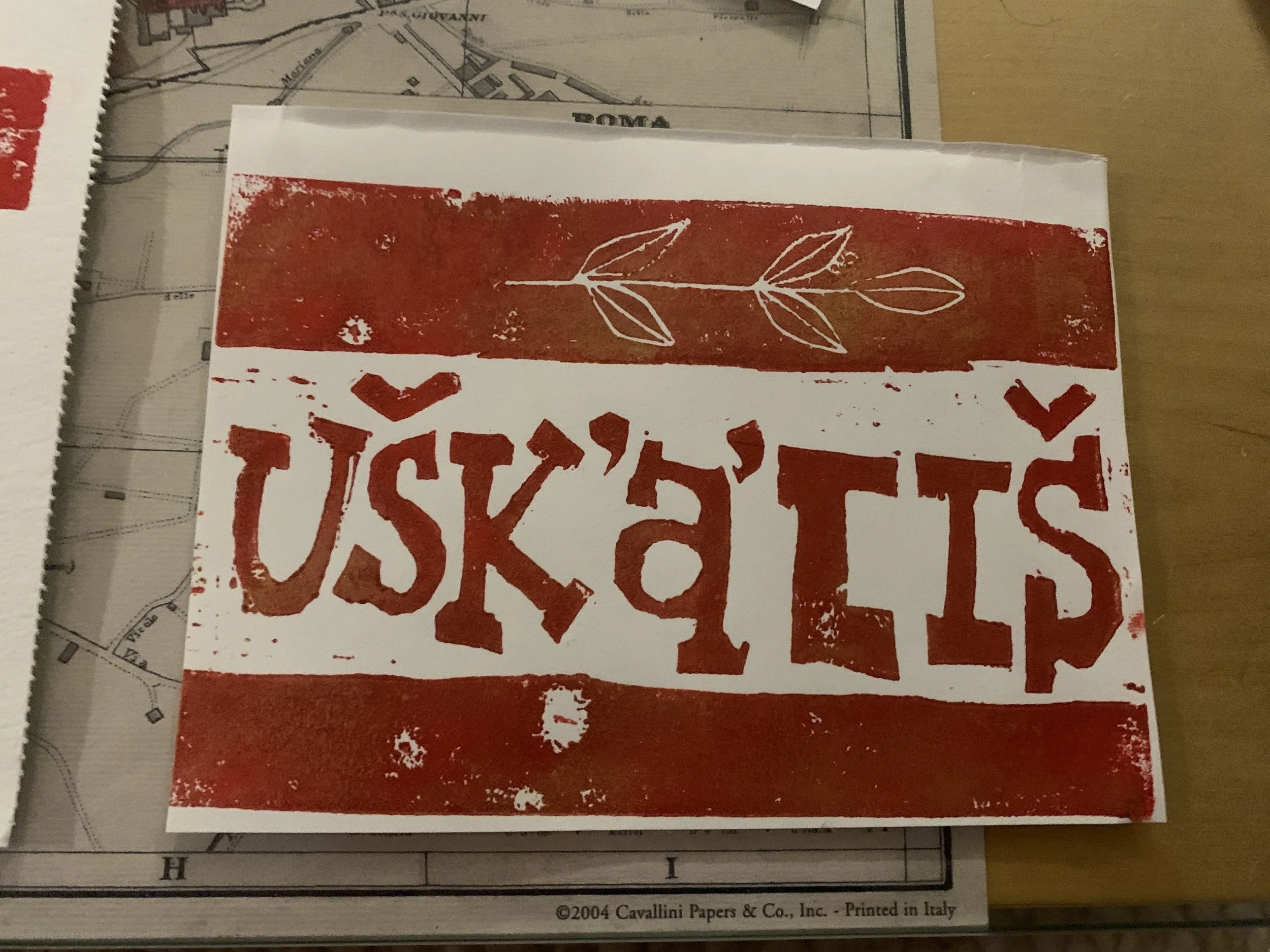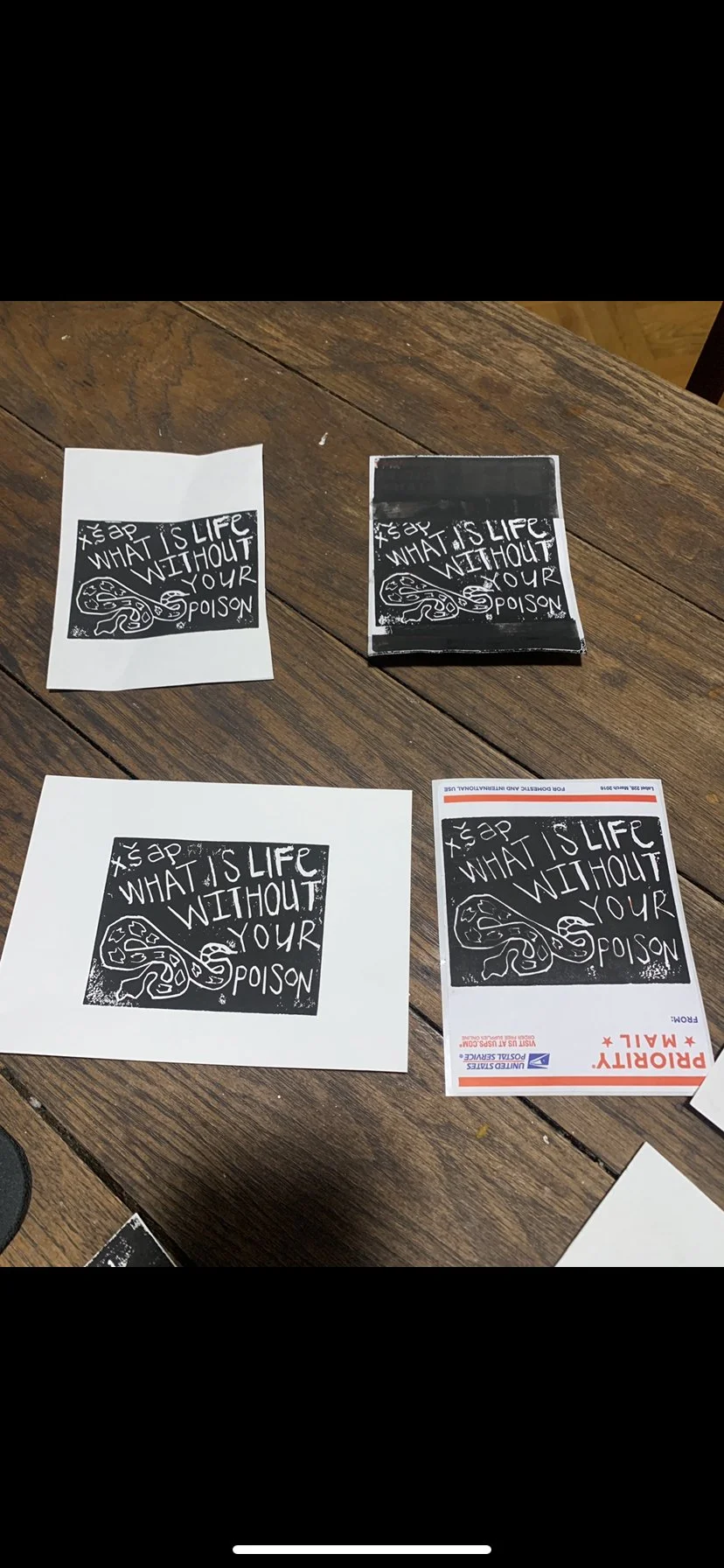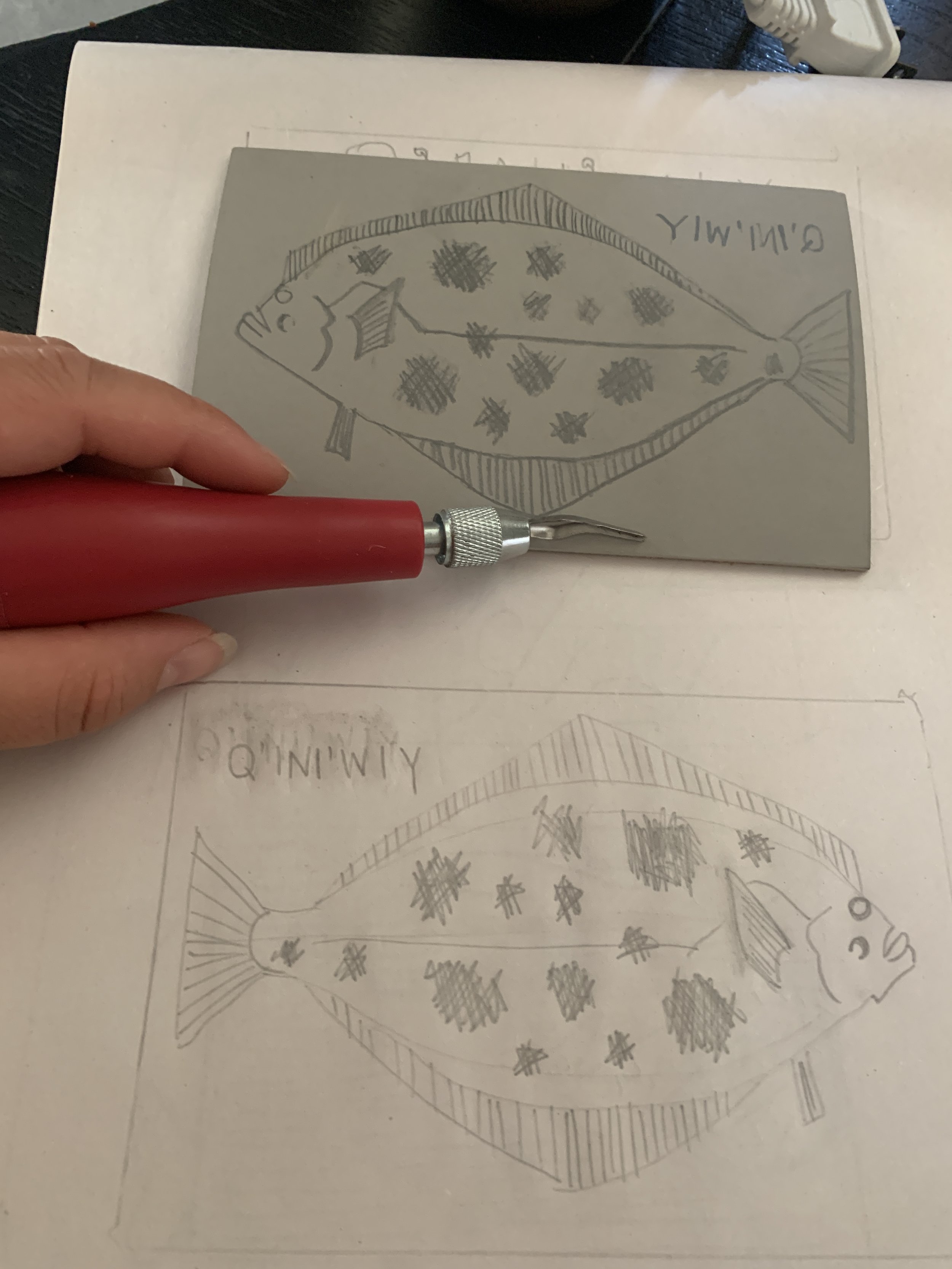On today’s episode, Jessica talks with Dr. Jessica Black (Gwich’in; Associate Vice Chancellor and Associate Professor in the College of Indigenous Studies at the University of Alaska Fairbanks) and Dr. Courtney Carothers (Professor of Fisheries in the College of Fisheries and Ocean Sciences at the University of Alaska Fairbanks). Dr. Black and Dr. Carothers discuss their work, alongside student colleagues and Alaska Native peoples, to highlight Indigenous fisheries knowledge, Indigenous fisheries science and governance practices, and the structural inequities that keep Indigenous peoples in Alaska from their deep traditional cultural practices, livelihoods, and relations. All of this deeply relational work lead to the birth of Tamamta (a Yup’ik and Sugpiaq word meaning 'all of us'), an organization focused on connecting Indigenous and Western sciences and supporting graduate students deeply connected with Indigenous communities in Alaska on research around fisheries.
Interested in the Accountable Allies group? Keep an eye on the Tamamta website or sign up for their mailing list for resources that this group has been developing.
Transcripts
Links
Contact
ArchPodNet
APN Website: https://www.archpodnet.com
APN on Facebook: https://www.facebook.com/archpodnet
APN on Twitter: https://www.twitter.com/archpodnet
APN on Instagram: https://www.instagram.com/archpodnet






